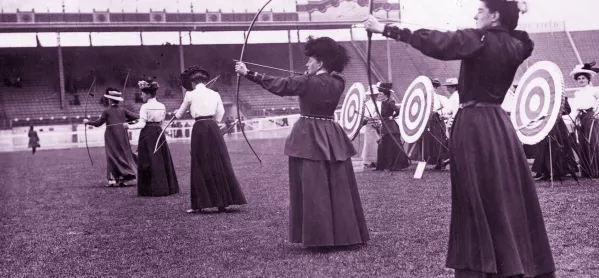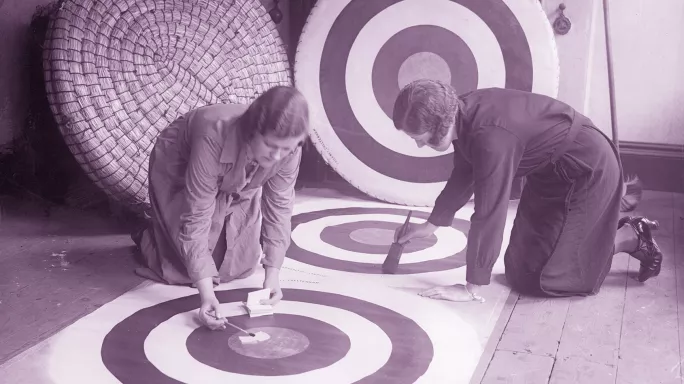When I started teaching, there was a national obsession with writing three learning objectives on the board, and even - shock, horror - getting students to copy them out.
And although the copying, and the dreaded “all, most and some” hierarchy have died out, proformas for lesson planning still have space for three defined objectives and when Rusznyak and Walton (2011) redesigned their lesson planning proforma for beginning teachers they still left space for three learning objectives.
Quick read: Why it could be time to ditch the lesson objective
Quick listen: Why child-led learning ‘does not work’ and what you should do instead
Want to know more? Why ‘skills’ and ‘knowledge’ do not amount to the same thing
I remain unconvinced. I have regularly been driven to wordplay to shape what I want students to learn in a lesson into three coherent, whiteboard-worthy, objectives.
And these often have virtually no relevance to the knowledge that I actually expect students to acquire.
Furthermore, each learning objective can differ substantially in terms of cognitive demand. A more demanding objective may, of course, take more time (perhaps even more than one lesson) for students to master in any meaningful sense.
So if three objectives is not a useful guide to hitting the knowledge button on its head, what can we use to help us?
Ask the expert
I believe it largely comes down to experience. Knowing how much time to spend on each bit of learning is a critical part of our pedagogical content knowledge.
When new teachers enter the profession, they can be overly optimistic about how many concepts students will master in each lesson, and how many facts and ideas they might remember for next week. But over time, their expectations shift.
We need to guard against our standards spiralling downwards, of course. It is easy to lower our expectations as students fail to meet our targets again and again.
But we need to remember that struggling and forgetting is a critical part of learning. It makes students more likely to remember in future. Missing our targets mean our targets were on point.
Finding the sweet spot
So how can we recalibrate? Discuss your planning with a colleague and ask them to come and observe you, to watch and listen to students reforming their knowledge in the light of the lesson.
If every student mastered every single thing alluded to in the lesson, it is unlikely that the lesson expectations were high enough. If they have learned nothing, you set the bar too high.
There is a sweet spot, and it is our job as teachers to find it. But it will rarely be the case that three neat lesson objectives will be the answer.
Emily Seeber is head of science at Bedales School in Hampshire





